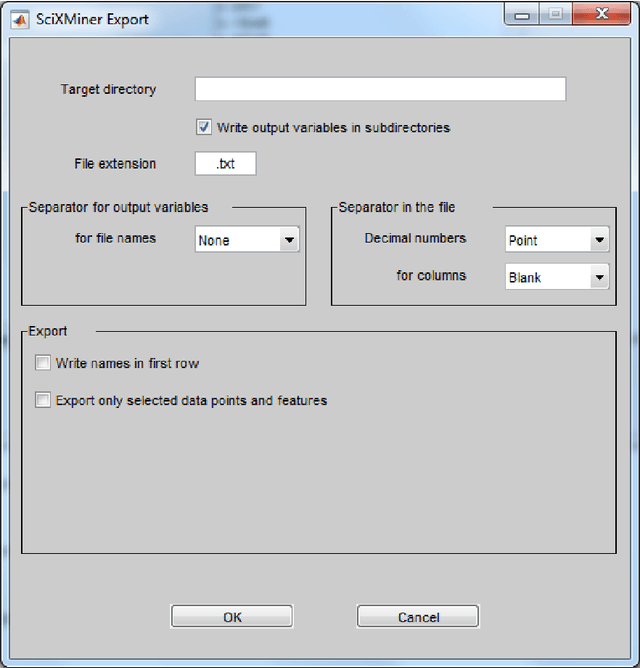Jorge Ángel González Ordiano
Institute for Automation and Applied Informatics, Karlsruhe Institute of Technology
Probabilistic Energy Forecasting using Quantile Regressions based on a new Nearest Neighbors Quantile Filter
Mar 18, 2019



Abstract:Parametric quantile regressions are a useful tool for creating probabilistic energy forecasts. Nonetheless, since classical quantile regressions are trained using a non-differentiable cost function, their creation using complex data mining techniques (e.g., artificial neural networks) may be complicated. This article presents a method that uses a new nearest neighbors quantile filter to obtain quantile regressions independently of the utilized data mining technique and without the non-differentiable cost function. Thereafter, a validation of the presented method using the dataset of the Global Energy Forecasting Competition of 2014 is undertaken. The results show that the presented method is able to solve the competition's task with a similar accuracy and in a similar time as the competition's winner, but requiring a much less powerful computer. This property may be relevant in an online forecasting service for which the fast computation of probabilistic forecasts using not so powerful machines is required.
The MATLAB Toolbox SciXMiner: User's Manual and Programmer's Guide
Apr 11, 2017



Abstract:The Matlab toolbox SciXMiner is designed for the visualization and analysis of time series and features with a special focus to classification problems. It was developed at the Institute of Applied Computer Science of the Karlsruhe Institute of Technology (KIT), a member of the Helmholtz Association of German Research Centres in Germany. The aim was to provide an open platform for the development and improvement of data mining methods and its applications to various medical and technical problems. SciXMiner bases on Matlab (tested for the version 2017a). Many functions do not require additional standard toolboxes but some parts of Signal, Statistics and Wavelet toolboxes are used for special cases. The decision to a Matlab-based solution was made to use the wide mathematical functionality of this package provided by The Mathworks Inc. SciXMiner is controlled by a graphical user interface (GUI) with menu items and control elements like popup lists, checkboxes and edit elements. This makes it easier to work with SciXMiner for inexperienced users. Furthermore, an automatization and batch standardization of analyzes is possible using macros. The standard Matlab style using the command line is also available. SciXMiner is an open source software. The download page is http://sourceforge.net/projects/SciXMiner. It is licensed under the conditions of the GNU General Public License (GNU-GPL) of The Free Software Foundation.
 Add to Chrome
Add to Chrome Add to Firefox
Add to Firefox Add to Edge
Add to Edge